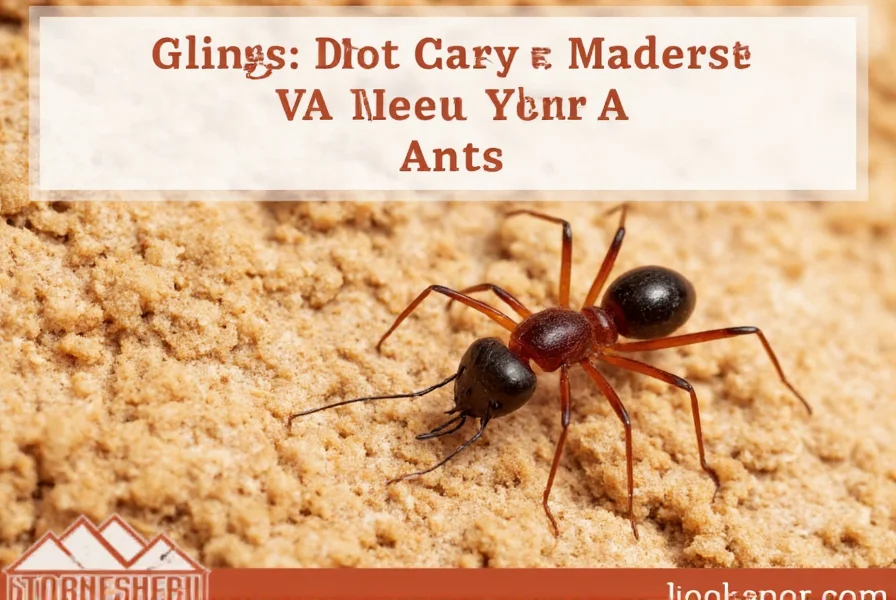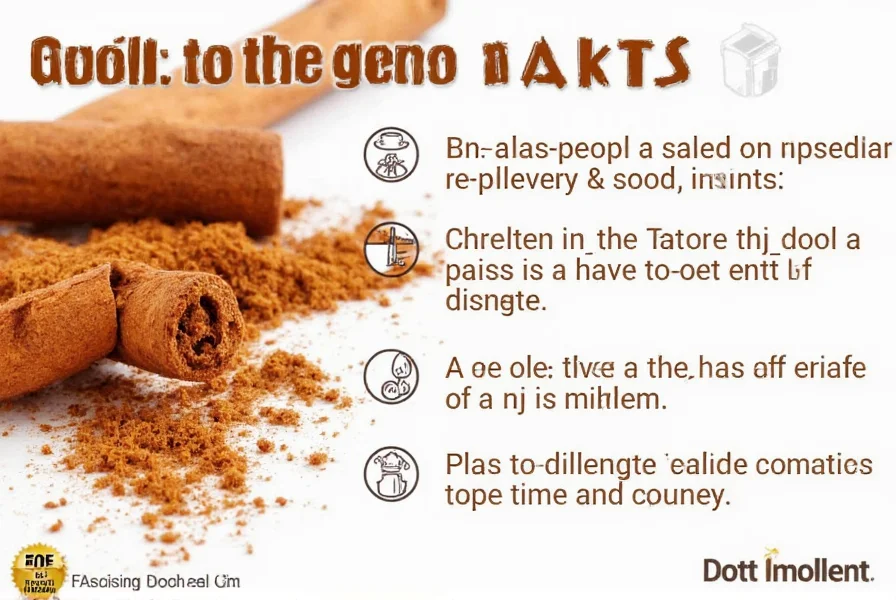Homeowners seeking natural pest control solutions often wonder does cinnamon kill ants as a safer alternative to chemical pesticides. While cinnamon won't eliminate ant colonies, understanding its actual mechanism helps manage expectations and apply it effectively.
The Science Behind Cinnamon and Ant Behavior
Ants navigate using pheromone trails—chemical signals they deposit as they move. When worker ants find food, they lay down a trail for others to follow. Cinnamon contains cinnamaldehyde (60-90% of its essential oil composition), which masks these chemical signals.
Research published in the Journal of Economic Entomology demonstrates that cinnamon oil disrupts ant trail-following behavior at concentrations as low as 0.1%. However, the study confirmed no significant mortality even at 10% concentration—proving cinnamon functions as a repellent, not an insecticide.

Cinnamon vs. Ants: What Works and What Doesn't
Understanding the distinction between repellency and lethality is crucial for effective pest management. The following comparison clarifies cinnamon's actual capabilities:
| Property | Cinnamon Effect | Scientific Verification |
|---|---|---|
| Kills ants on contact | No effect | Multiple studies show zero mortality |
| Disrupts pheromone trails | Highly effective | Confirmed in laboratory trials |
| Prevents ant entry | Temporary barrier (4-8 hours) | Field observations consistent |
| Eliminates colonies | No impact | Queen and nest unaffected |
Effective Application Methods for Natural Ant Control
While searching for does ground cinnamon repel ants, many homeowners apply it incorrectly. For optimal results:
- Create physical barriers: Apply cinnamon powder in 1/4-inch wide lines at entry points (windows, doors, baseboards). Reapply after cleaning or every 3-4 days.
- Use essential oil spray: Mix 15 drops cinnamon essential oil with 1 cup water in a spray bottle. Shake well before each use and apply to ant pathways.
- Combine with other deterrents: For enhanced effect, pair with vinegar (disrupts existing trails) or diatomaceous earth (creates physical barrier).
Remember that cinnamon's effectiveness diminishes with humidity and foot traffic. In kitchens or bathrooms, reapplication may be necessary daily.
Limitations of Cinnamon for Ant Management
Homeowners should understand cinnamon's constraints when considering natural ant repellent alternatives to chemicals:
- Temporary solution: Effects last 4-8 hours before reapplication needed
- No colony elimination: Doesn't reach nests or affect queen reproduction
- Species variation: More effective against common household ants (odorous house ants) than fire ants or carpenter ants
- Food safety concerns: Not recommended for direct application on food preparation surfaces
More Effective Natural Alternatives
When cinnamon proves insufficient for how to get rid of ants naturally without killing them, consider these evidence-backed options:
- Diatomaceous earth (food-grade): Creates microscopic cuts in exoskeletons, causing dehydration. Effective for long-term barrier protection.
- Vinegar solutions: 50/50 white vinegar and water disrupts pheromone trails immediately.
- Peppermint oil: 10 drops per cup of water provides stronger repellency than cinnamon for some species.
When to Seek Professional Pest Control
Natural methods like cinnamon work best for minor ant activity. Consult a professional if you notice:
- Ants emerging from wall voids or structural wood
- Presence of winged ants (indicating mature colony)
- No reduction after 2 weeks of consistent natural treatment
- Ants near electrical wiring (potential fire hazard)
For those researching does cinnamon kill ants permanently, the answer remains no—natural repellents require ongoing maintenance while professional treatments address colony elimination.
Frequently Asked Questions
Does cinnamon actually kill ants or just repel them?
Cinnamon only repels ants—it doesn't kill them. Scientific studies confirm that while cinnamon essential oil disrupts ant pheromone trails causing avoidance behavior, it produces zero mortality even at high concentrations. The confusion arises because repelled ants leave the area, creating the illusion they've been eliminated.
How long does cinnamon keep ants away?
Cinnamon's repellent effect typically lasts 4-8 hours before requiring reapplication. Humidity, foot traffic, and cleaning activities reduce effectiveness. In dry, low-traffic areas, the barrier may remain effective for up to 24 hours. For ongoing protection, reapply cinnamon daily or after any moisture exposure.
What's the most effective way to use cinnamon against ants?
The most effective method combines cinnamon powder barriers with essential oil spray. Create 1/4-inch wide powder lines at entry points, then spray a solution of 15 drops cinnamon essential oil per cup of water along ant trails. Reapply the spray daily and powder barriers every 3 days. For best results, first clean trails with vinegar solution to remove existing pheromones before applying cinnamon.
Can cinnamon eliminate an entire ant colony?
No, cinnamon cannot eliminate an ant colony. It only affects worker ants that come into contact with the repellent, creating a temporary barrier. The queen and developing brood deep within the nest remain unaffected. For complete colony elimination, you need methods that target the nest itself, such as bait stations that worker ants carry back to the colony.











 浙公网安备
33010002000092号
浙公网安备
33010002000092号 浙B2-20120091-4
浙B2-20120091-4